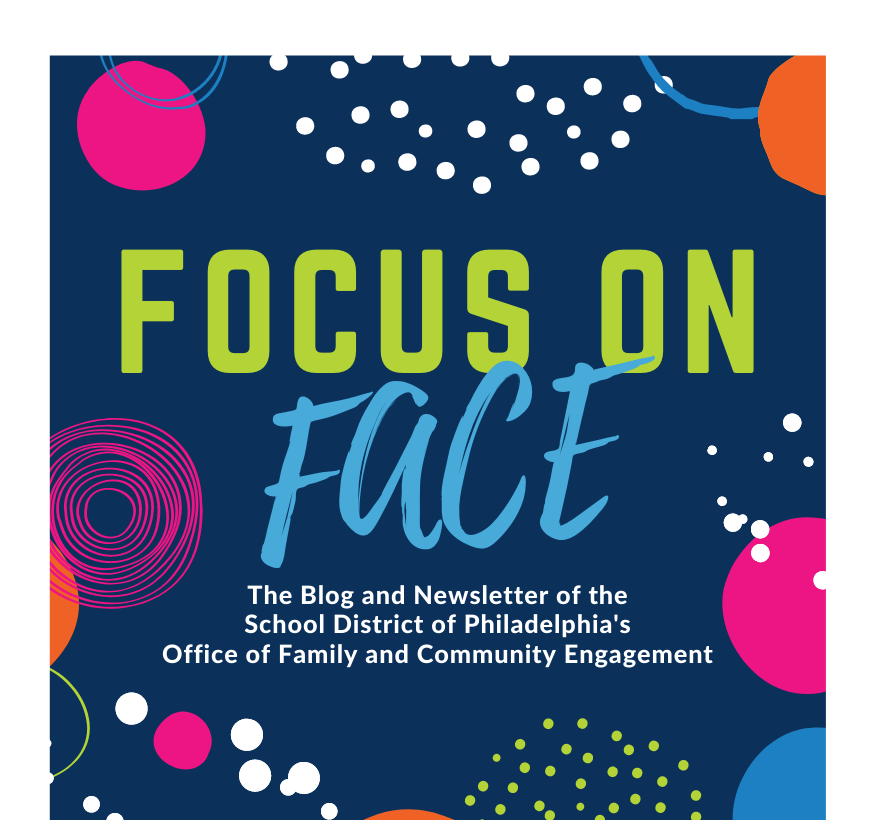 Oftentimes in academic settings, literacy skills are measured by reading levels and reading rates. While, surely, being able to read and comprehend a text fluently is important, multilingual students come from a home where English may not be the primary language used. Sometimes, the family members of multilingual students may not even be able to speak English let alone read and write in English. The primary mode of communication at home may be through their native language. Hence, it is important to realize that in multilingual households, there can be great power in the oral stories that family members share. That was the case for me – the daughter of immigrant parents. Korean was the first language I was exposed to and the primary language spoken in my home. I remember vividly the way that my grandmother would tell me stories in Korean – stories about the facets of life that were important to her and to our family. In my own life, I have come to see the power and incredible benefits to hearing my family members speak and share stories in our family’s native language. I think there is great value in family members (grandparents, aunts, uncles, cousins, etc.) speaking to a child in their family’s language and passing down stories that can stay with the child, and there are many things that teachers and others in a child’s life can learn from these family stories as well. These are some of the benefits I have seen:
Oftentimes in academic settings, literacy skills are measured by reading levels and reading rates. While, surely, being able to read and comprehend a text fluently is important, multilingual students come from a home where English may not be the primary language used. Sometimes, the family members of multilingual students may not even be able to speak English let alone read and write in English. The primary mode of communication at home may be through their native language. Hence, it is important to realize that in multilingual households, there can be great power in the oral stories that family members share. That was the case for me – the daughter of immigrant parents. Korean was the first language I was exposed to and the primary language spoken in my home. I remember vividly the way that my grandmother would tell me stories in Korean – stories about the facets of life that were important to her and to our family. In my own life, I have come to see the power and incredible benefits to hearing my family members speak and share stories in our family’s native language. I think there is great value in family members (grandparents, aunts, uncles, cousins, etc.) speaking to a child in their family’s language and passing down stories that can stay with the child, and there are many things that teachers and others in a child’s life can learn from these family stories as well. These are some of the benefits I have seen:
- Language Acquisition and Maintenance: Because I was continuously exposed to the Korean language, I acquired more of the language and was able to steadily maintain my usage of it as well. By listening to stories that were told to me, my vocabulary increased and my overall comprehension grew stronger. Being bilingual is a huge asset for an individual, so while it may take longer in the offset to learn two languages, try to encourage your student to keep studying both English and their native language so they can continue to develop!
- Cultural & Historical Knowledge: Embedded in many of the stories told to me were stories about Korea, the history of a time when my grandmother was a girl, Korean legends and tall tales about lovers who were separated and met on a bridge once a year, and what life was like as my parents grew up in their country. I learned, not through textbooks, but through experience and oral transmission about the culture of my family’s country and the history seeped into it. Cultural knowledge can be a very helpful tool in a classroom for a student to share with their classmates about their family’s culture. Encourage your student to ask family members to share stories that they can then share with their peers or in a classroom setting. This can help other students learn about a culture that is not their own.
- Family History and Traditions: Not only did I learn the culture of Korea from my grandmother and parents, but I also learned the culture of my family and traditions that have been passed down, beliefs that my family has had, and experiences that have been shared through generations. These values have carried throughout my life and have inevitably formed much of the person I am now. Encourage your students to talk about family traditions and values with their family members, and all of your students can share with one another ways that their families are similar and different.

Classroom and textbook education are not the only forms of learning for a student. I would encourage all multilingual family members to share their personal, family, historical, and cultural stories with the young people in their lives and witness the power of storytelling. I would encourage all teachers and school staff to encourage students to go home and ask questions and hear stories from their family members. Then, students can share their family stories and teach each one another about their families, lives, similarities, and differences. Sharing these oral stories can become a learning tool for all students!
Irene Kim works on the Family Leadership and Involvement Team in the Office of Family and Community Engagement.

